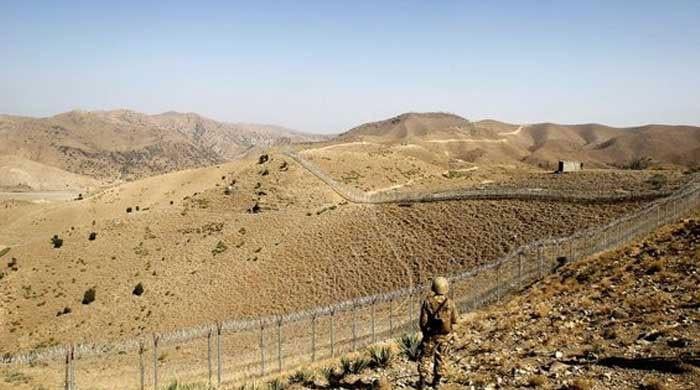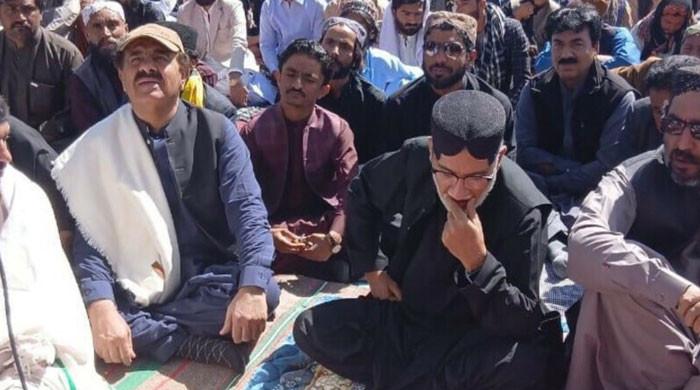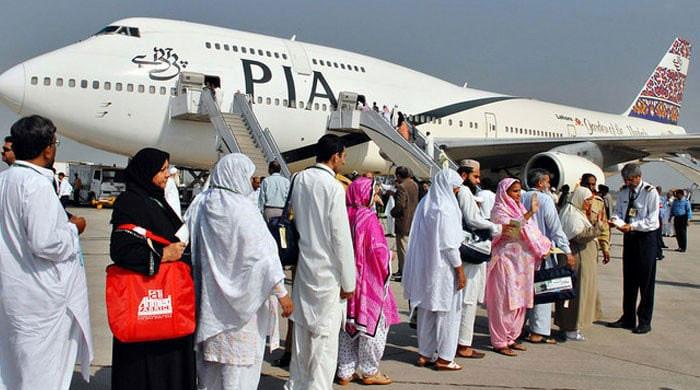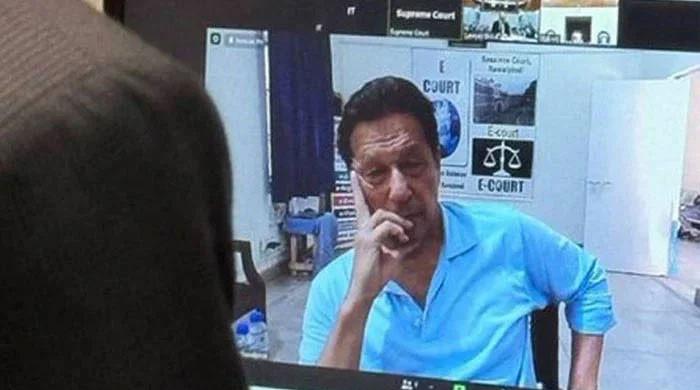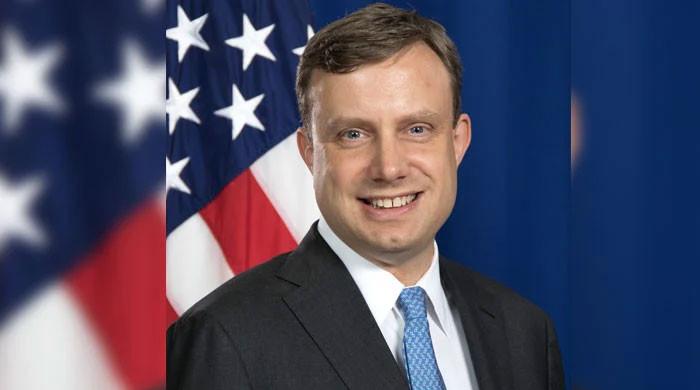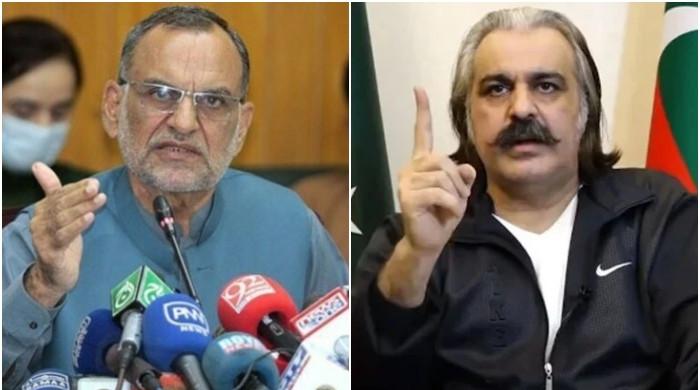Judiciary regulates state machinery: CJ
ISLAMABAD: Chief Justice of Pakistan Iftikhar Muhammad Chaudhry said on Sunday that it is often misunderstood that the judiciary acts against the measures and steps of the executive but it is the...
April 24, 2011
Addressing the participants at the concluding ceremony of the National Judicial Conference, he said that the judiciary was an important pillar and backbone of the State.
He said: "If the judiciary is vibrant, dynamic and independent, it will not only provide strength to the other institutions of the State but also establish our credentials in the comity of nations."
"The independent judiciary is the prerequisite for the stronger nation. The judiciary can be stronger only if all the stakeholders show an absolute commitment, dedication, character, professionalism and vision to work in mission to face the difficulties and meet challenges," he added.
He said all the stakeholders in the justice delivery system must act in harmony, and work in cooperation so that the system would be healthy and effective.
The Chief Justice of Pakistan said the Constitution of a State determined the independence and autonomy of every organ of the State, yet subjected to certain limitations and restrictions, at the same time, ensured supremacy of the law, which was essential for economic development of a country.
He said in a democratic society the bulk of litigation increases with the growth in population and awareness of the legal rights. "Our Constitution stresses upon the right to life, liberty, property and also guarantees freedom of thought, expression, profession, etc.
All just and fair opportunity shall be provided to every citizen to attain his or her fundamental rights and freedom," he added.
He said since the lawyer's movement, judicial system had earned a reputation for great integrity. The public confidence was evident from the increase in litigation.
These expectations required more sense of responsibility, both on the part of bench as well as the bar, he added.
He opined: "The winning of confidence and the great expectations of the public have resulted in the bulk of litigation. The delay although inevitable due to inadequate strength and capacity of Courts, yet is of great concern."
Referring to an issue, he said it was pertinent to mention that delay in the dispensation of justice was not only the matter of alarm in the society but this global issue knew no bounds and limits of the time and placed in the voyage of history. Almost all the nations of the world had faced this problem.
"This may alienate the public from approaching the courts for the redressal of their grievances," he added.
The Chief Justice of Pakistan further said that the fabric of justice in any legal system was destroyed by delays and the justice which was primary objective and constitutional responsibility of the State and right of citizens, seemed denied and defeated.
"It is presumed that the law and people's aspirations should march in same direction. The march of law is overseen by the judiciary through the inherent power of Judicial Review," he added.
He said usually the law was unable to keep pace with the emerging realities and aspirations of the nation which necessitated amendment of the law.
The amendments in the substantive and procedural law were not an easy task, as consensus among the potential forces has to be answered at, he added.
He informed that the National Judicial Policy Making Committee took the task of reforms within the domain of existing laws to provide inexpensive and expeditious justice and to live up with expectation and aspirations of the people.
He said the judiciary had done a remarkable job to give speedy justice since the implementation of policy.
"By and large, it has come up to the aspirations of litigant public. Nonetheless, there is scope for better performance and making the system more efficient and progressive," he added.
About rule of law, he said that it had a substantial impact on the economic development. Strong constitutional and legal framework was all the more necessary to establish rule of law.
He was of the view that the judiciary had special role to play in achieving socio-economic goals while maintaining their independence, the judges had to be aware of the social task of achieving socio-economic justice for the people.
All the members of the Bench and Bar must strictly observe the high standards of integrity and morality and take all steps to decide cases within the shortest possible time to minimize the sufferings of the litigants, he added.
About the Conference, he said that he was deeply touched, indeed overwhelmed by the active participation in three-day National Judicial Conference, 2011 which made it a success.
He said the idea of organizing this conference was to involve all the stakeholders in the dispensation of justice to share their experiences, knowledge and difficulties on critical issues being faced.
This conference under the auspices of National Judicial (Policy Making) Committee had provided us an opportunity to devise ways and means through interactive deliberations to meet the coming challenges, he added. (APP)




